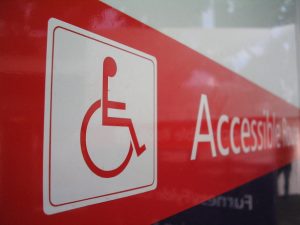- “Do you really think Social Security Disability Insurance is part of what people think of when they think of Social Security? I don’t think so.” – Mick Mulvaney, the Office of Management and Budget’s director, May 2017
- “Over half the people on disability are either anxious or their back hurts. Join the club. Who doesn’t get a little anxious for work every day and their back hurts?” -Sen. Rand Paul (R-Ky), January 2015
- “It’s hard to say what came first or caused the other, the population decline or increased (SSDI) usage. Or maybe economic stagnation caused both. Regardless, there seems to be at least at the county and regional level something like a disability tipping point.” -Sen. Tom Cotton, (R-AR), November 2015

These are the kinds of justifications made by politicians aiming to slash the SSDI program, painting it as a welfare program for people who are simply too lazy to work. Of course, as our SSDI lawyers in Massachusetts know well, this is a common misconception that ignores the reality of the situation. Specifically, it ignores the fact that a person has to have worked for least five of the last 10 years in order to be eligible for SSDI, and further that the average disability recipient has worked 22 years prior to getting benefits. Continue reading
 Massachusetts Social Security Disability Lawyers Blog
Massachusetts Social Security Disability Lawyers Blog









